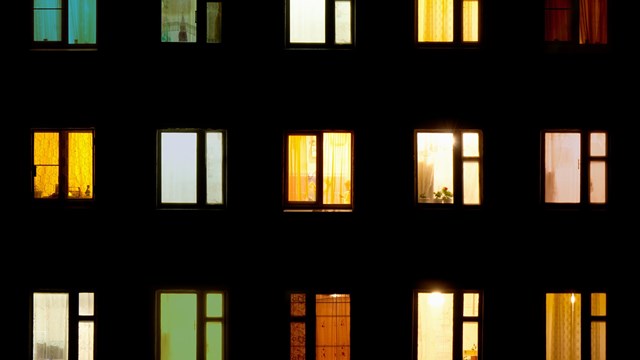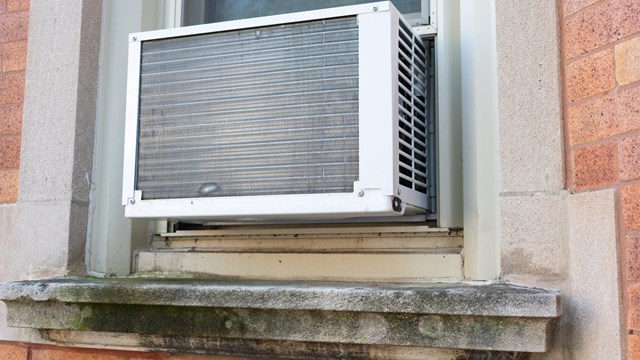Q I live in a large co-op on the Upper East Side which consists of 300 units. Six
residents on the second floor, including myself, have terraces. Over the years
large quantities of various items have come out of the windows above us and
have landed on our exterior property, such as cigarette butts—some still burning, glass bottles, burning paper towels, clothing, burnt
popcorn, and various personal hygiene products. Falling lit cigarettes have
burned holes in awnings, umbrellas, and plants and burning paper towels have
burned cushions. The fact that these items are coming out of the windows is
unsanitary and dangerous. Our managing agent circulated a letter throughout the
building but it hasn’t really stopped things from being deposited on our property. A security camera
was focused on one particular apartment out of which previous items had been
thrown, but the camera—part of a rotating security system—only catches seconds of footage here and there and does not consistently record
one location for an extended period of time. Unless someone is caught in the act at that particular second, we still have no
record of it happening.
What exactly is the building’s responsibility to ensure our safety and the safety of our guests while outside? What kind of protection are we, as owners, entitled to expect from the managing agent/ board? We’ve all been lucky so far—no one’s been hurt—but we are also afraid for the future. Any advice would be greatly appreciated.
—Manhattan Shareholder
A According to Thomas D. Kearns, an attorney at Olshan Grundman Frome Rosenzweig & Wolosky LLP in Manhattan, “The cooperative has the obligation to take steps to maintain the habitability of
the terraces under the concept known as the warranty of habitability and the
covenant of quiet enjoyment. The issue in your case is what steps is the co-op
required to take to stop quasi-criminal behavior by residents. The co-op would
probably not be held to the standard of posting a 24-hour guard, for example,
but there are many other steps the co-op should take including asking residents
about their knowledge about problem residents. I am always surprised what
residents will tell you about misbehaving residents when asked. Have the super
and other building employees monitor the issue when possible. The co-op would
be insulated here as long as the board was diligently pursuing the matter. An
action against the co-op would also require that the second floor shareholders
prove that they were deprived of the essential function of the terrace and that
the problem was not a mere annoyance.”







Leave a Comment